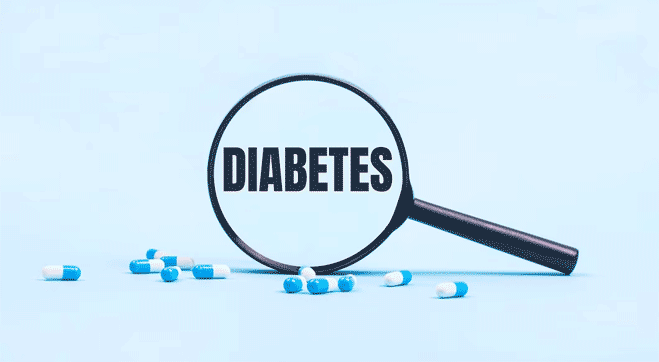Diabetes Not So Sweet
If you are obese you will surely get Diabetes! Diabetes running in your family? You too will suffer from it
Eating more sweets leads you to Diabetes A diabetic patient has to compulsory take insulin injections
People with diabetes cannot donate blood








